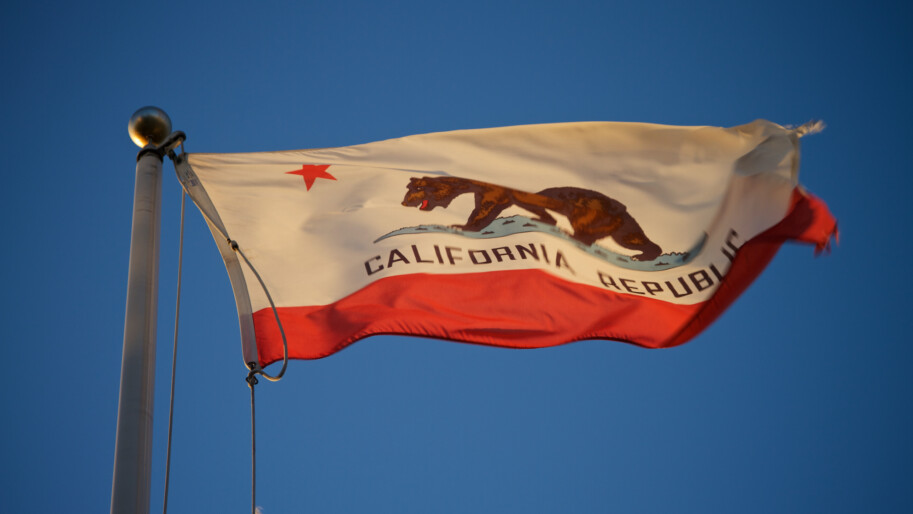LOS ANGELES — Scientists and academics from across California today joined advocates criticizing a plan released by the California Air Resources Board for reaching carbon neutrality, saying the plan is a setback for the state and the world. The Draft Scoping Plan makes no changes to the emission reduction targets adopted in 2017, despite Governor Newsom’s calls to action to accelerate ambition, and trades direct emissions reductions for risky and unproven carbon capture technologies pushed by the fossil fuel industry.
“Scientists and the United Nations have made it clear that to maintain a livable planet and prevent unthinkable suffering, policymakers have a matter of months left to mobilize on a plan to dramatically wind down fossil fuel use,” said Daniel Kammen, chair of the Energy Resources Group and professor at the Goldman School of Public Policy at UC Berkeley. “The California Air Resources Board cannot afford to fumble the ball this late in the game by moving forward with a risky, ineffective Scoping Plan that relies on a faulty pathway to neutrality, and that disregards Governor Newsom’s call to accelerate our ambition.”
In July 2021, Gov. Newsom stated that “science demands we do more,” and requested that CARB evaluate accelerating the state’s carbon neutrality targets. Advocates say CARB took an “all or nothing” approach when developing these scenarios rather than thoughtfully pairing low-risk, low-cost strategies to immediately reduce climate pollution. The scoping plan relies heavily on carbon capture, utilization and sequestration (CCUS), and direct air capture (DAC), two controversial, costly, and unproven technologies put forward by fossil fuel lobbyists.
“By heeding the calls to invest in unproven carbon capture technologies, this proposal from the California Air Resources Board risks foregoing urgently needed air quality gains in frontline communities,” noted Manuel Pastor, director of the University of Southern California Equity Research Institute (ERI). “Instead of creating a pathway for the fossil fuel industry to continue to pollute, and then relying on technologies that may never materialize, we should invest in renewable energy technologies that cut air pollution and bring tangible benefits to communities that have too long been left behind and kept behind.”
CARB’s recommended path — Scenario 3 — actually takes the state backward from existing policy by proposing to build 10 gigawatts of new gas generating capacity, equivalent to 33 new large gas plants. This does not keep pace with local, national, or international climate ambition. President Biden has called for a 50-55 percent reduction in greenhouse gas emissions by 2030, and Los Angeles has committed to cutting emissions by 50 percent by 2025. The Scoping Plan commits to only 40 percent emissions reductions by 2030. The United Kingdom has targets to slash emissions by 68 percent by 2030 and 78 percent in 2035, and the European Union has committed to cutting carbon emissions by 55 percent by 2030 across all sectors.
“California sets the bar for climate action in the United States. If the California Air Resources Board votes to adopt a blueprint for combating climate change that fails to deliver on our state’s ambitious targets, it will be a step backward. California is on the front lines of the climate crisis. We need to see greater ambition and leadership on climate from CARB,” said Leah Stokes, an associate professor in the Department of Political Science, at the University of California, Santa Barbara.
The California Air Resources Board will hold a hearing on the Draft Scoping Plan in June and is expected to release a final plan for adoption in late Fall 2022.
“The climate crisis is here and now, and later is too late for climate action,” added Professor Kammen.
ENDS
Contacts:
Ryan Schleeter, The Climate Center: (415) 342-2386, ryan@theclimatecenter.org
Alexandra Nagy, Sunstone Strategies: (818) 633-086, alexandra@sunstonestrategies.org
About The Climate Center:
The Climate Center is a climate and energy policy nonprofit working to rapidly reduce climate pollution at scale, starting in California. We are a think-tank, do-tank working to turn bold ideas into action for an equitable, climate-safe future. Our flagship Climate-Safe California campaign is a unique and comprehensive effort to make California the first state in the nation to reach carbon negative.


